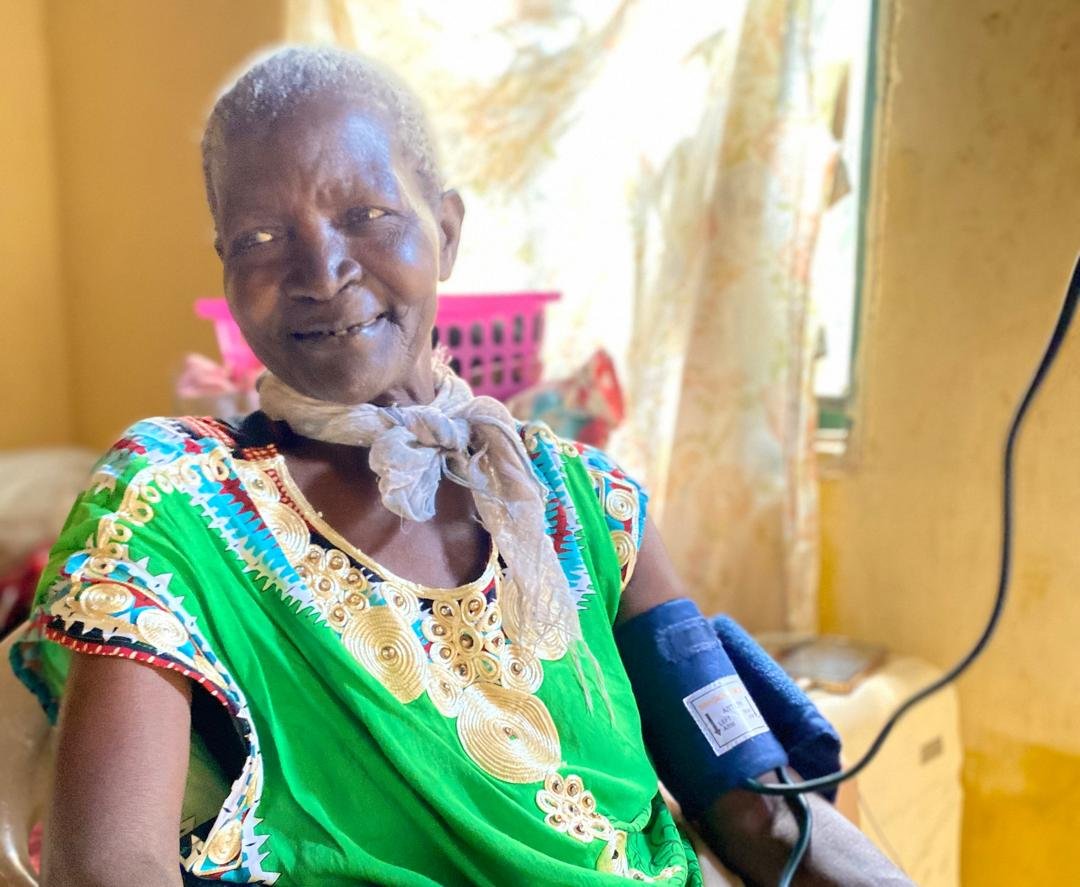
Uganda's Health System
The country’s disease burden is still dominated by communicable diseases, including malaria, HIV/AIDS, tuberculosis, respiratory infections, diarrheal diseases and vaccine-preventable illnesses. Non-communicable diseases, mental health disorders and maternal and perinatal conditions are increasing. Neglected tropical diseases mainly affect rural and poor populations and significant disparities in health outcomes exist due to socio-economic, gender and geographic factors (WHO, 2018).
One of the most pressing challenges in Uganda’s healthcare system is the severe shortage of healthcare professionals and limited medical training opportunities. The country has one of the lowest doctor-to-patient ratios globally, with only one doctor for every 25,000 people, far below the World Health Organization’s recommendation of one doctor per 1,000 individuals.
Moreover, corruption and under-resourced regulatory authorities have created systemic problems in Uganda’s healthcare sector, allowing unqualified individuals to obtain medical licenses, secure employment and operate clinics or pharmacies illegally. This lack of effective oversight puts patients at serious risk, resulting in medical errors, fatalities and exploitation. Past incidents, including unlicensed centers that caused the deaths of hundreds of children, highlight the severe consequences of inadequate regulation and enforcement (Agireaasi, 2025).
What NJO Foundation Africa is doing.
NJO Foundation Africa is actively addressing medical issues in Uganda through a multifaceted approach that focuses on improving healthcare access and quality. The organization plans to establish health facilities in underserved areas, ensuring they are staffed with well-trained personnel and adequately stocked with essential medical supplies.
Additionally, NJO Foundation Africa conducts outreach programs aimed at enhancing healthcare infrastructure, promoting preventive healthcare practices and improving access to essential healthcare services. Their initiatives also include organizing medical and dental check-up campaigns, providing clean water and sanitation and offering support to senior citizens to enhance their quality of life.
References
- World Health Organization, (2018). WHO country cooperation strategy at a glance: Uganda. World Health Organization. Retrieved from https://iris.who.int/handle/10665/136975i
- Agiresaasi, A. (2025). In Uganda, fake doctors cause serious damage. Global Press Journal. Retrieved from https://globalpressjournal.com/africa/uganda/uganda-fake-doctors-cause-serious-damage/







